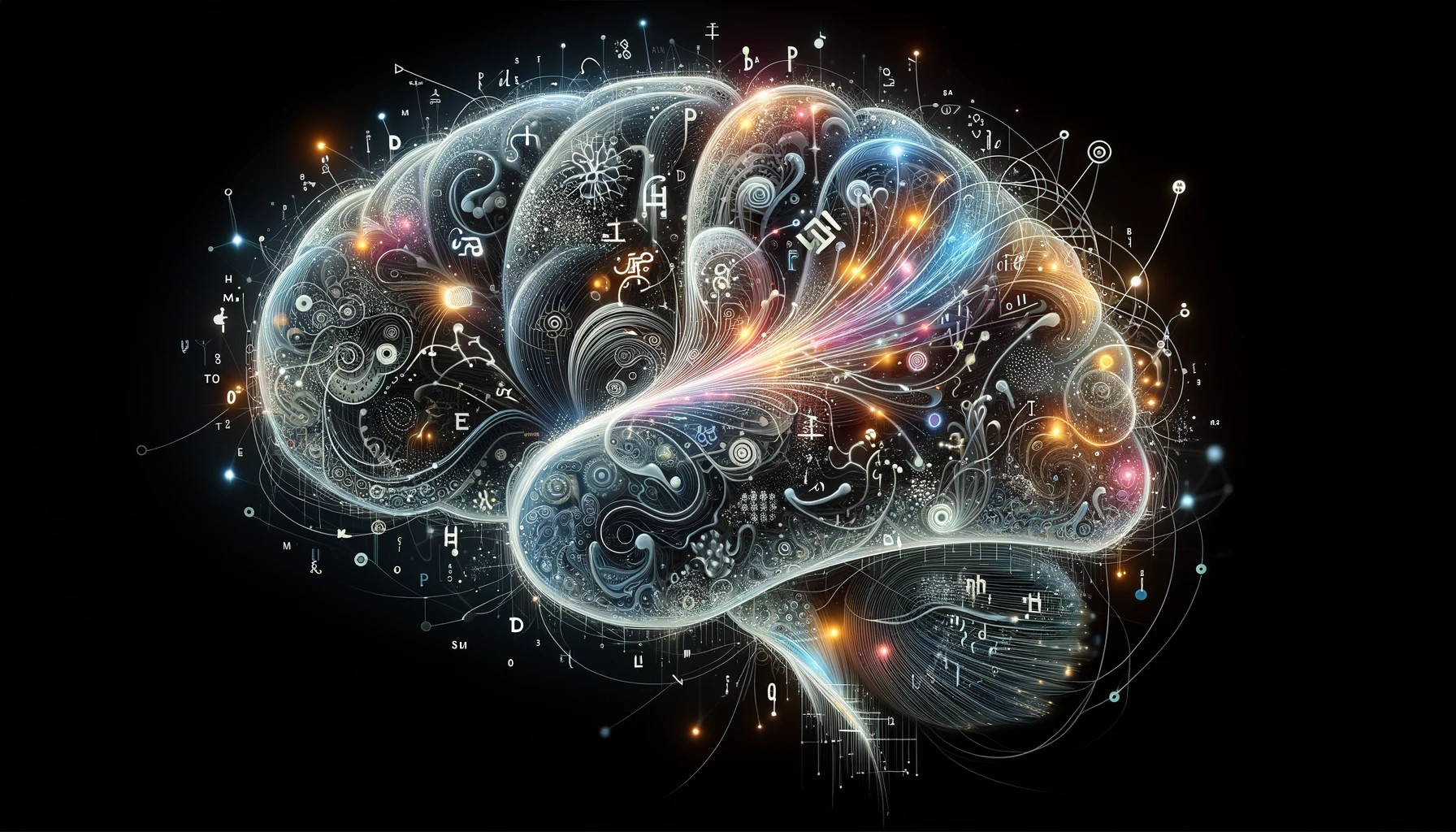Nothing In Nature Works Quite Like Money

Nothing in nature works quite like money. Or seems as complex as an economy. I’d welcome counterexamples, but something seems fishy.
1. Here’s the usual big picture: Competitive markets allocate resources efficiently. Money stores value and enables market exchange. Those ideas rest on mathematical structures from 19th century physics.
2. “Energy in physics and utility in economics [are] fundamentally the same [mathematical] metaphor,” says Philip Mirowski. “Utility” is what customers seek, and money paid it’s only measure.
3. So money = energy? In physics the same amount of energy always accomplishes the same work—you get the same miles per gallon. Not with money, its “energy” (the work it can do) varies.
4. Energy can’t be created or destroyed, only transformed or leaked. But money-value often disappears (e.g. new car values plummeting on crossing dealer thresholds). Does anything equivalent happen in nature?
5. Efficiency in economics usually means (the “historically unfortunate”) “Pareto efficiency,” roughly that everything produced is sold. Sound efficient? That ignores garages and attics full of unused crap, and the 40% of food that’s bought but uneaten. Both meet Pareto efficient criteria.
6. Economists often ignore normal inefficiencies arising from “foibles” like impulse buying. But you know you buy imprudently and often misjudge utility.
7. “Market forces” are modeled as physics-like, e.g. resources flow like fluids from low-profit to high-profit uses—making musical toilets while many lack unmusical sanitation. But forces in physics have few factors compared to markets.
8. Perhaps economies resemble ecologies? Well, nothing in biology works like money either. Biology’s energy, food, is necessary but beyond some threshold, becomes unhealthy. All biological appetites have limits, but economists assume “local nonsatiation” (translation: we always want more).
9. Market competition resembles evolution? Nature’s competitive results are unintelligent, sometimes brilliantly optimized, sometimes hugely inefficient (see “Markets As Dumb As Trees”), and often disastrous. Likewise in (unintelligent) markets.
The lesson of these unsound structural similes? Beware the “organized storytelling” of free-market loving economists. Unless they actively address these gaps, they don’t understand the thing they love, or don’t care about its negative effects.
Borges said human history may be “the history a handful of metaphors.” Economics is a vast machinery of mathematized metaphors that now shapes our history.





